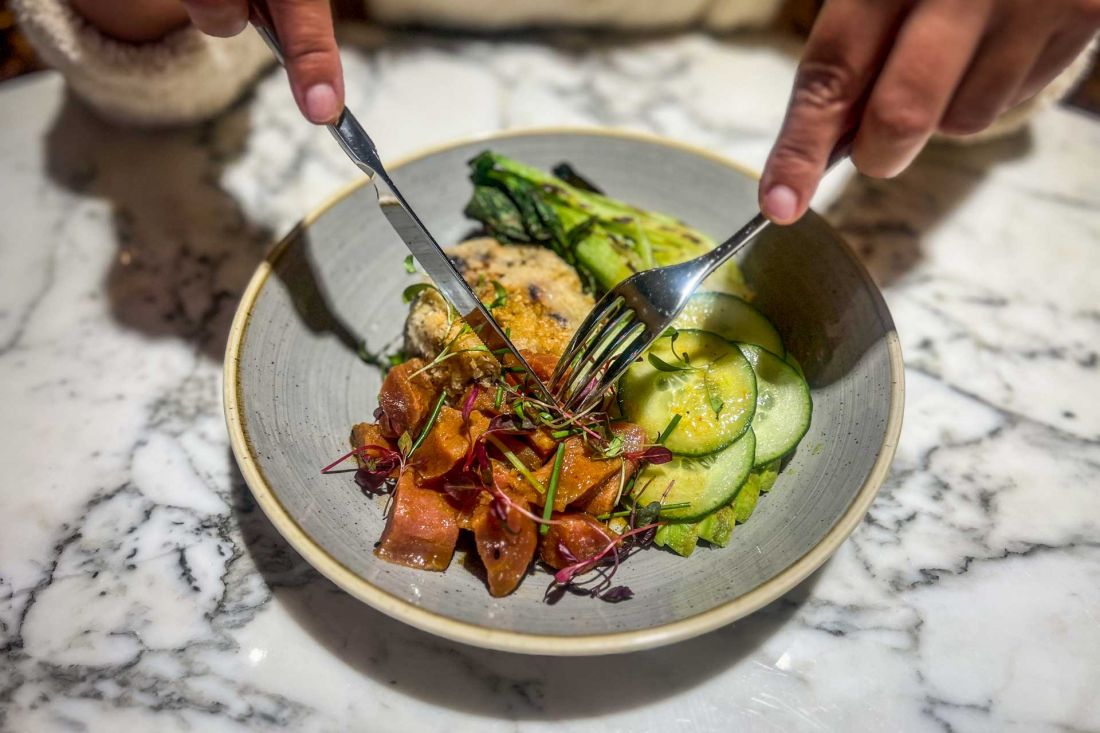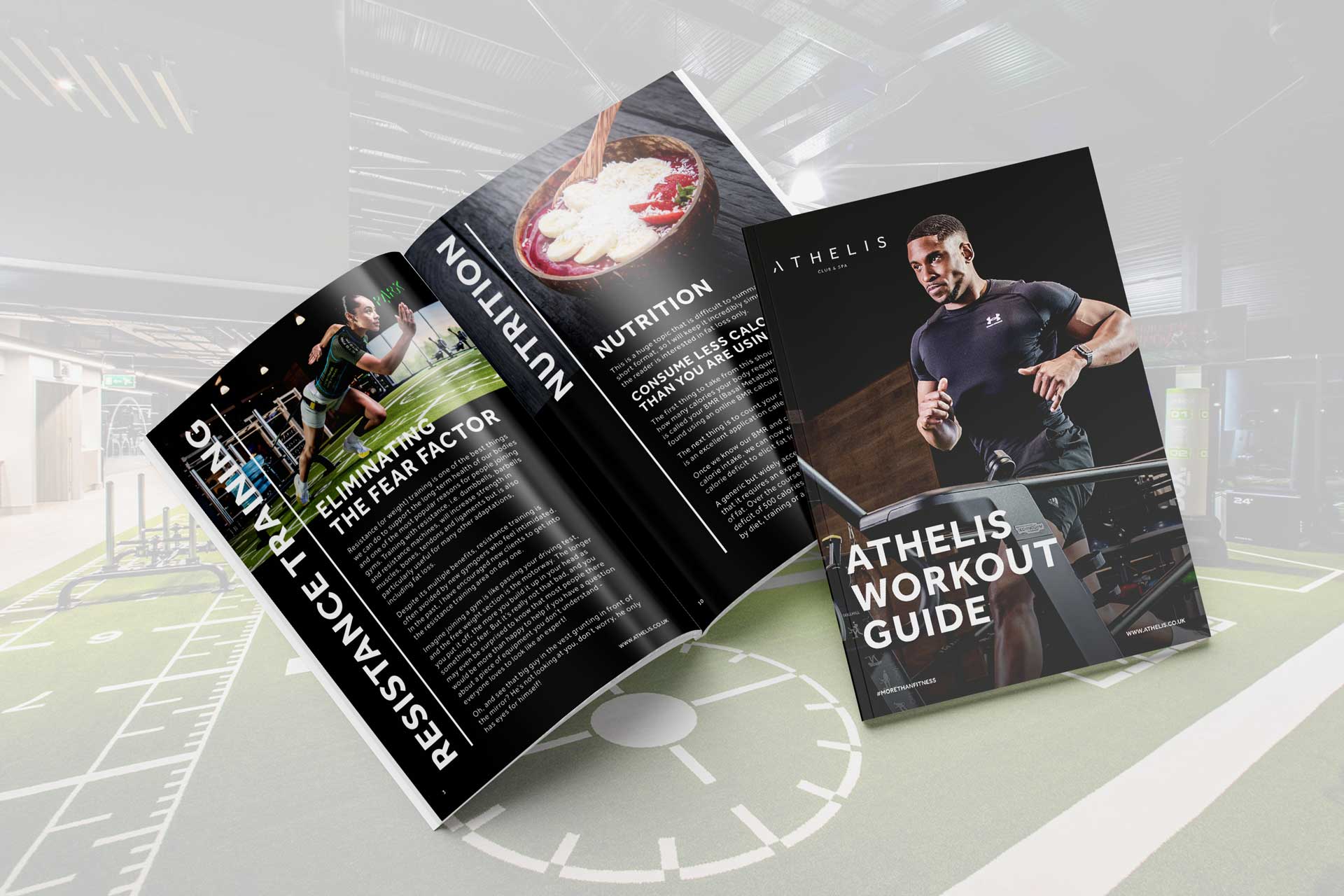You are what you eat, or so the saying goes. And it goes without saying that what we fuel our bodies with is going to influence our bodies.
Higher value nutritional intake leads to higher value results. The better we eat, the better our bodies perform.
And of course, there’s no magic potion, no guaranteed food source that can transform our health or increase our lifespan.
But experts do agree that – while every individual is different – there are some very important food groups and key nutrients that do support a longer, healthier live.
They’re those typically found in the Mediterranean diet, or associated with locations around the world known as Blue Zones. Here, inhabitants often live to 100 or more with little disease or health problems.
So how do they do it?
Load up on Fruits and Vegetables
Your plate should be half full of a delicious array of fruits and vegetables if you want to maximise your healthy nutritional intake. They’re packed with anti-inflammatory properties and bags of fibre, and help you boost good gut bacteria.
Variety is key here. Try and go as colourful and varied as possible at every meal, with the freshest, seasonal options – ideally as local as possible – to maximise that nutritional content.
Our top recommendations include:
- Leafy greens – Spinach, kale and cabbage are full of nutrients you might struggle to find elsewhere and have been linked to reduction in cognitive decline. Eat these to help keep your brain sharp in older age.
- Berries – We all know berries are a superfood, but it’s worth restating the value of strawberries and blueberries. They’re full of great antioxidants that can reduce cancer risk, cut inflammation and lower LDL cholesterol levels.
- Mushrooms – Each mushroom type can have a different impact on your body, whether that’s boosting your human system, promoting good cognitive health or protecting cells from oxidative damage and supporting good heart heath.
- Cruciferous veg – The usual suspects of broccoli, cauliflower, sprouts, cabbage and bok choy are full of an ingredient known as IC3. It’s been shown to reduce inflammation, fight some cancers and reverse cardiovascular disease – all key battles if you want to live longer.
Opt for the best protein sources
Protein becomes harder for our bodies to absorb as we age, and yet it becomes more and more important for us the older we get. We need more muscle mass and stronger bone health to reduce the chance of falling and our risk of slowing down and cutting back on an active lifestyle.
Prioritise:
- Grass-fed animal meat – ideally those of the very best quality, locally raised and fed a good diet without antibiotics.
- Eggs – because they’re packed with protein and are highly digestible. Plus, they’ve been linked to good heart health and better cognitive performance too thanks to the choline in them.
Focus on the healthy fats
Finally, cut out those bad, processed fats but replace them with essential healthy fats. Fatty acids like Omega-3 are a key nutrient in reducing inflammation and protecting our bodies from cardiovascular disease.
Lower inflammation lowers our production of cholesterol, which in turn reduces the build-up of plague in our arteries and our chances of getting heart disease.
We recommend:
- Nuts – If you’re a vegetarian or vegan, nuts are the best way to get omega-3. Walnuts will help you lower bad cholesterol and are a great source of Vitamin E antioxidants. A handful of Brazil nuts give you all the selenium you need too, which is great for your thyroid.
- Avocado – another great plant-based source of omega-3 ALA acid, avocados are also packed with vitamins that further lower inflammation, cut your heart disease risk and reduce oxidative stress.
- Fish – Oily fishes like trout, sardines, herring, salmon and even cod are a superb source of omega-3. But be careful with mercury levels, toxins and pollutants – opt for the best quality and limit to 2 or 3 times a week.
- Olive oil – Daily teaspoons of olive oil have been found to cut the risk of an early death in half for middle-aged Greeks, thanks to its rich source of antioxidants. Try drizzling over food instead of using it to cook because it can degrade when heated.
Above all, focus on a varied diet that eliminates or greatly reduces processed foods, and you’ll be on the right path to healthier, longer life.





